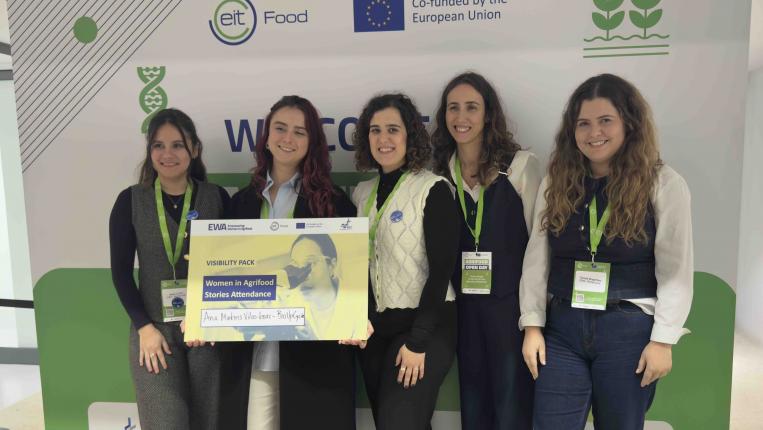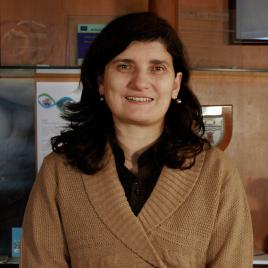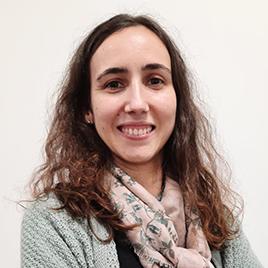Objectives and competences
The Biochemistry and Metabolism course aims to confer knowledge about the metabolism of carbohydrates, lipids, amino acids and nitrogenous bases, as well as the study of the main metabolic strategies and their control, enzymatic and non-enzymatic, existing in animal, plant and bacterial cells. In humans, it also intends to establish the relationship between the various organs involved in the maintenance of metabolic balance. Clinical situations related to metabolic pathways are reported.
Skills to acquire:
- Knowledge and understanding of the cellular metabolism and its control that occur in animal, plant and bacterial cells;
- Ability to analyze and solve specific problems in the area of Biochemistry;
- Ability to autonomously collect documentation, perform a literature search, interpret, synthesize and present it as a scientific report/monograph;
- Ability to work in a team and promote interpersonal relationships.
Teaching Methodologies
The curricular unit is organized into theoretical and theoretical-practical classes.
In the theoretical classes, the syllabus is exposed using power-point presentations, CD-ROM, videos and articles for discussion.
In the theoretical-practical classes, exercises that apply the theoretical concepts are presented, critically analysed, discussed and solved. Students are mobilized to do research on the Internet in Databases as support for carrying out the proposed monographic work.
The curricular unit is taught with the help of the e-learning platform, Blackboard.
Syllabus
Theoretical classes:
Introduction to Metabolism: Fundamentals of Bioenergetics Review
Control and signaling mechanisms
Carbohydrate metabolism
Glucose transporters; glycolysis; Krebs cycle; Oxidative Phosphorylation; Neoglucogenesis; Pentoses Phosphate pathway; Glycogen Metabolism; Blood glucose and blood sugar control
glucose metabolism.
Diversity of Metabolism in Prokaryotes
Chemoheterotrophs; Fermentation: Embden-Meyerhof, Phosphoketolase and Entner-Doudoff pathways; Organic acid metabolism; Glyoxylate Cycle; Aerobic and anaerobic respiration: methanogenesis, acetogenesis, denitrification
Fatty Acid and Lipid Metabolism
Intestinal absorption and transport; AG Oxidation and Biosynthesis; Major metabolic disorders
Amino acid and protein metabolism
Degradation and Biosynthesis of Amino Acids; Major metabolic disorders
Nitrogen Base Metabolism
Biosynthesis and degradation of purines and pyrimidines; metabolic disorders
Integration of Metabolism
Theoretical-Practical Classes:
Exercise Sheets on:
- Fundamentals of Bioenergetics
- Glycolysis
- Citric acid cycle and glyoxylate cycle
- Oxidative phosphorylation
- Pentoses Phosphate Pathway
- Gluconeogenesis
- Degradation and synthesis of Glycogen
- Fatty Acids oxidation
- Fatty Acid Synthesis
- Amino Acids oxidation
- Amino Acids synthesis
- Purine and pyrimidine metabolism






